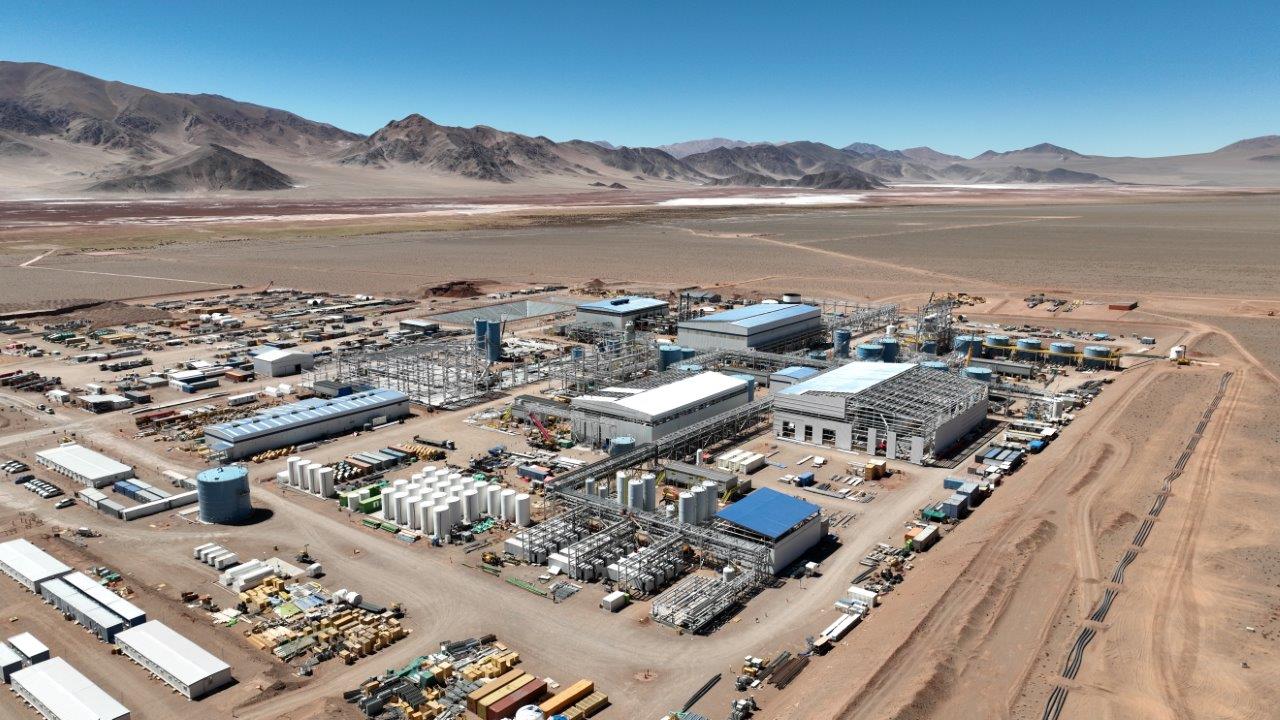Deciding Germany's Future: The Importance Of This Election

Table of Contents
The Key Contenders and Their Platforms
Several major political parties are vying for power in this crucial election. Understanding their platforms is paramount to making an informed decision about deciding Germany's future.
CDU/CSU Platform
The Christian Democratic Union (CDU) and its Bavarian sister party, the Christian Social Union (CSU), typically represent a center-right, conservative stance. Their platform emphasizes economic stability through responsible fiscal policies and a strong social market economy. Key policy proposals often include:
- Strengthening the Mittelstand: Supporting small and medium-sized businesses, the backbone of the German economy.
- Fiscal responsibility: Maintaining a balanced budget and avoiding excessive government debt.
- Conservative social policies: A focus on traditional family values and a cautious approach to social change.
- Continued European integration: Advocating for a strong and unified European Union.
The potential impacts of their policies include sustained economic growth, but also potential challenges in adapting to rapid technological change and addressing social inequality. Their emphasis on conservative policies might limit the pace of reform in areas such as climate change and social justice.
SPD Platform
The Social Democratic Party (SPD) generally occupies the center-left of the political spectrum. Their platform prioritizes social democracy, focusing on social justice, climate action, and workers' rights. Key policy proposals frequently include:
- Raising the minimum wage: Improving the living standards of low-income workers.
- Investing in affordable housing: Addressing the housing crisis in major German cities.
- Expanding renewable energy: Accelerating the transition to a sustainable energy system.
- Strengthening social security: Protecting and expanding social welfare programs.
Implementing the SPD's platform could lead to significant improvements in social equality and environmental protection. However, increased government spending could potentially impact economic stability and lead to higher taxes.
Green Party Platform
The Green Party (Bündnis 90/Die Grünen) prioritizes environmental protection and sustainable development. Their platform centers on ambitious climate change mitigation policies and a rapid transition to renewable energy. Key policy proposals often include:
- Phasing out coal power: Accelerating the transition to renewable energy sources.
- Investing in public transportation: Reducing reliance on private vehicles.
- Promoting sustainable agriculture: Supporting environmentally friendly farming practices.
- Strengthening environmental regulations: Protecting natural resources and biodiversity.
The Green Party's policies could drastically reduce Germany's carbon footprint and improve air quality. However, the transition to a greener economy might present challenges for certain industries and require significant investment.
FDP Platform
The Free Democratic Party (FDP) represents a liberal perspective, emphasizing economic liberalism, tax reform, and individual liberties. Their platform generally advocates for:
- Lower taxes and reduced bureaucracy: Stimulating economic growth and encouraging entrepreneurship.
- Deregulation: Reducing government intervention in the economy.
- Strengthening free markets: Promoting competition and innovation.
- Investment in education and research: Developing a highly skilled workforce.
The FDP's policies aim to boost economic growth and create jobs. However, critics argue that their focus on deregulation could lead to increased inequality and environmental damage.
AfD Platform
The Alternative for Germany (AfD) is a populist and right-wing party. Their policies focus on issues such as immigration policy, nationalism, and Euroscepticism. While a detailed analysis of their proposals is necessary, it's crucial to approach their platform with a critical eye, considering the potential impacts on German society and its democratic values. Their policies have sparked considerable debate and concern regarding their potential impact on social cohesion.
The Stakes: Major Issues Facing Germany
This election is crucial because Germany faces significant challenges across multiple sectors. Deciding Germany's future requires careful consideration of these issues.
Economic Challenges
Germany's economy faces challenges such as managing the post-pandemic recovery, addressing rising inflation, and navigating global economic uncertainties. Unemployment rates, while relatively low, remain a concern, particularly among younger generations. Addressing social inequality is another key challenge.
Climate Change and Environmental Policy
Germany has committed to ambitious climate policy goals, including significantly reducing greenhouse gas emissions. The renewable energy transition is vital, requiring significant investment and a shift away from fossil fuels. Environmental sustainability is paramount for deciding Germany's future.
Foreign and Security Policy
Germany plays a crucial role in the European Union and maintains strong ties with the United States. The country's approach to foreign policy and security policy will impact its relationships with key global partners and its ability to navigate international challenges such as migration and security threats.
Social Issues
Social cohesion is essential for deciding Germany's future. Germany faces challenges related to demographics, including an aging population and declining birth rates. The integration of refugees and migrants is another significant social issue requiring careful attention. The future of Germany's social welfare system is also a major area of debate.
Voter Turnout and its Significance
High voter turnout is crucial for a healthy democracy. It ensures that the election results genuinely reflect the will of the people. Low voter turnout, particularly among younger demographics, can lead to an underrepresentation of certain viewpoints and potentially undermine the legitimacy of the elected government. Political engagement is key to deciding Germany's future.
Conclusion
This German federal election is a pivotal moment. The choices made by voters will profoundly impact Germany's future, shaping its economic landscape, social fabric, and global standing for years to come. Each party offers a distinct vision, and understanding their platforms is crucial for making an informed decision. Don't miss your chance to participate in deciding Germany's future – exercise your right to vote and help shape the country's destiny. Your voice matters.

Featured Posts
-
 Le Nombre Total De Droits De Vote Eramet Un Apercu Complet
May 14, 2025
Le Nombre Total De Droits De Vote Eramet Un Apercu Complet
May 14, 2025 -
 Every Wwe Hall Of Fame Celebrity A Complete List
May 14, 2025
Every Wwe Hall Of Fame Celebrity A Complete List
May 14, 2025 -
 Neljae Laehes 500 000 Euron Eurojackpot Voittoa Katso Voittopaikat
May 14, 2025
Neljae Laehes 500 000 Euron Eurojackpot Voittoa Katso Voittopaikat
May 14, 2025 -
 Eurovision 2024 Estonias Unexpected Italian Parody Performance
May 14, 2025
Eurovision 2024 Estonias Unexpected Italian Parody Performance
May 14, 2025 -
 En Vivo R Sociedad Vs Sevilla Jornada 27 De La Liga
May 14, 2025
En Vivo R Sociedad Vs Sevilla Jornada 27 De La Liga
May 14, 2025
